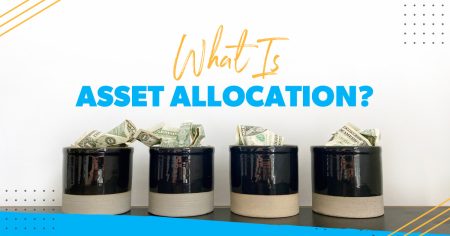Demand for the U.S. dollar has surged this month as Election Day draws near and investors position themselves for its potential outcomes as well as the Federal Reserve being likely to continue to lower interest rates in the coming months.
Through Monday, the dollar rose for 14 of the past 16 trading sessions and has been up for three straight weeks amid economic data showing continued strength in the labor market even as inflation has cooled.
A report by J.P. Morgan foreign exchange market analysts that was published Monday said that there has been “strong” demand for the dollar, which “surged last week as the election has come to the fore.”
The analysts noted that there was particularly strong demand for U.S. dollar options against the euro, Mexican peso, Australian dollar and the Singaporean dollar. They explained that those currencies appear to be election hedges – with Australian and Singaporean dollars exposed to greater levels of trade with China, while the euro carries exposure to trade conflict and the Mexican peso is a historical election hedge.
THE US DOLLAR’S DEMISE HAS BEEN EXAGGERATED, REPORT FINDS
“There’s still ample space to add to USD longs both ahead of the election, and more broadly if U.S. data continues to pressure Fed easing operations,” the analysts wrote.
A report from J.P. Morgan analysts on Friday explained that the dollar recovered from a 5% sell-off through July and August. It said that much of the dollar’s rebound has been driven by the re-pricing of higher yields on U.S. Treasury bonds, with “not much by way of U.S. election premium baked into the dollar yet.”
That analysis added that the U.S. dollar has upside on “tariff risk, potential fiscal boosts and limited obvious risk premium” while it may underperform temporarily if tariff risk is priced out.
US DOLLAR TO REMAIN WORLD’S RESERVE CURRENCY, FED’S WALLER SAYS

The dollar’s surge comes as the Federal Reserve prepares to hold its next policy meeting in the wake of the election. The central bank’s policy arm, the Federal Open Market Committee (FOMC), will meet on the heels of the Nov. 5 Election Day and is expected to announce whether it will cut interest rates again on Nov. 7.
After the Fed cut rates in September by 50 basis points, lowering the benchmark federal funds rate from a range of 5.25% to 5.5% to the current range of 4.75% to 5%, recent economic data has raised questions about the size of the next rate cut.
The Labor Department’s September jobs report showed the economy added 254,000 jobs, significantly above economists’ estimates, while the most recent inflation data showed the cooling trend continued but at a slower rate than anticipated, with prices up 2.4% from a year ago.
TRUMP COULD DISMANTLE ‘CRYPTO REGULATORY HEADLOCK’: REP. BYRON DONALDS

The resilience of the labor market and stubborn inflation has dimmed investors’ expectations for another 50 basis point cut at the Fed’s November meeting after Election Day.
As of Monday evening, markets are pricing in an 88.5% probability of a 25 basis point cut and an 11.5% chance the Fed holds rates steady, according to the CME FedWatch tool. A month ago, markets saw a 50% chance that rates would be in the 4.25% to 4.5% range – which would entail an additional 50 basis point cut – with a 0% probability rates would be unchanged.
Policymakers will get more data in the next two weeks, with the Fed’s favored inflation gauge set to be released on Oct. 31 and the October jobs report coming out the following day.
Reuters contributed to this report.
Read the full article here
















